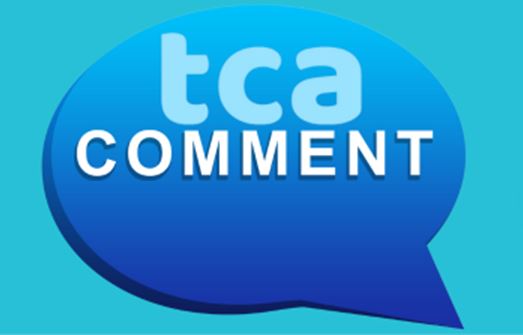One of the myriad of sales untruths peddled at timeshare presentation meetings is the fact that by buying a timeshare you are effectively future proofing your holidays at today’s price. To a certain extent this is true, however, all is not as simple as the sales team would have you believe. About 10 million U.S. households own a timeshare, and the average price to purchase an entry level timeshare rose to $23,940 in 2023, a more than 30% increase since 2018, this according to the American Resort Development Association (ARDA). As this figure represents 2023, no doubt the figure to purchase an entry level timeshare will be more in 2024.
Providing that the purchaser avoids being tempted to spend even more during the unnecessary and repetitive owners update meetings, then the maths are simple. On the assumption that the entry level purchase will yield a one week holiday, then if owned for 10 years, each holiday will cost $2,390. Over 20 years the cost goes down to $1,195. All simple so far, except these figures don’t include annual maintenance fees. Once again, ARDA state the average annual maintenance fee for 2023 was $1,200. Here is where simple maths doesn’t apply, this fee is not static and will rise over the years. Using the TCA maintenance fee calculator and assuming an annual rise of 5%, then in 10 years the maintenance fee has risen to $1,954 and in 20 years, $3,183. Over 10 years the total paid in maintenance fees is $15,848 and over 20 years $41,663, so much for fixed price holidays.

Inflation kills the formula
As nowadays virtually every new timeshare is sold on a point’s basis, here is where inflation also impacts. It’s not only the annual maintenance fee that is affected by inflation but also the value per point. Developers can, and do adjust the number of points required to take a holiday. Let’s say you need 100 points to enjoy a week in X resort this year, next year it could be 105 points, thus to get the same holiday there is a need to buy more points.
Point’s also have a purchasing power so to holiday off season in a resort where no one really wants to go will cost far less points than a fashionable resort at a time when everyone wants to go. Timeshare developers are aware of this, which is why they are proud to point out that during the life of an average timeshare they expect the owner to have paid three times their initial purchase in upgrades. Such purchases effectively ward off the effects of inflation in terms of holiday buying power, however, not only have the owners’ number of points increased, associated costs have also increased, including the annual maintenance commitment. Using the ARDA figure of $1,200 for say 100 points, 300 points will cost $3,600 and so on.

TCA comment
The concept that timeshare ownership will offer pre-paid inflation proof holidays for the rest of your life is a fallacy. Timeshare developers financially rely heavily on loyal customers continuing their ownership, paying inflated maintenance fees and engaging in upgrades. It would be unfair to state that booking any holiday over the years will not cost more, of course it will, that’s inflation.
The point at issue is both developers and timeshare pundits extol the virtue of pre paid holidays or fixed price holidays, either way these statements are false, as we have sought to demonstrate in this article. Timeshare is not immune to the effects of inflation, tell us a business that isn’t, but would be purchasers whose decision is based on statements that prices won’t rise will be in for a large shock when over the years, this is exactly what happens.
Although this article focuses on timeshare USA, the fact of the matter is the same business model applies wherever in the world timeshare exists.
For more information regarding this article or assistance in any other timeshare related issues please contact the TCA on 01908 881058 or email: info@TimeshareConsumerAssociation.org.uk
